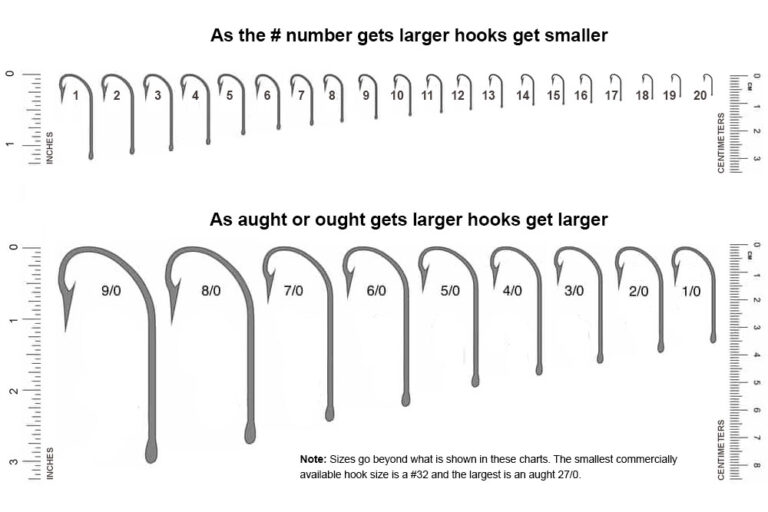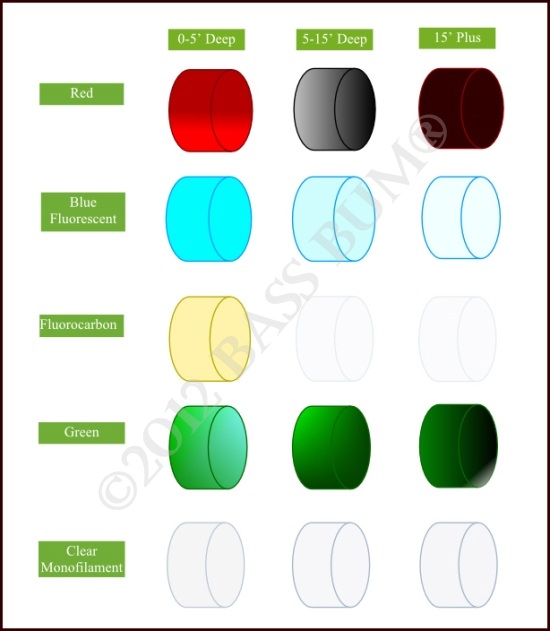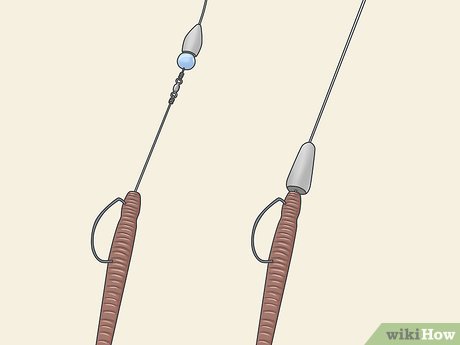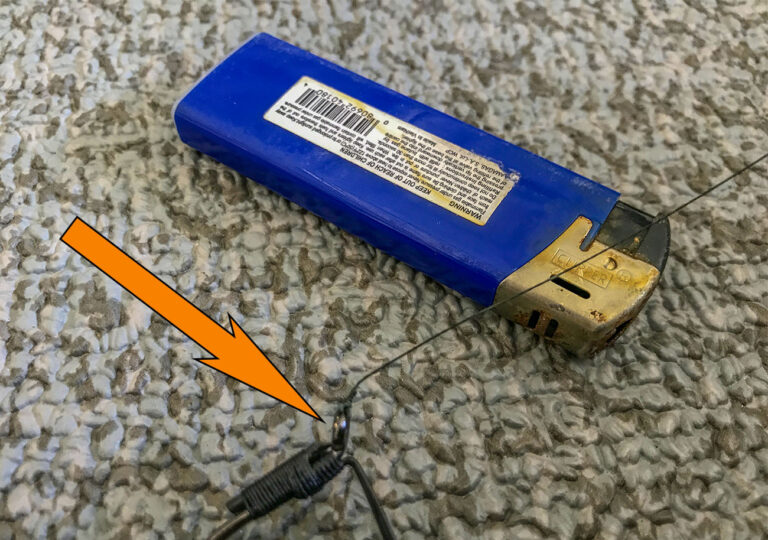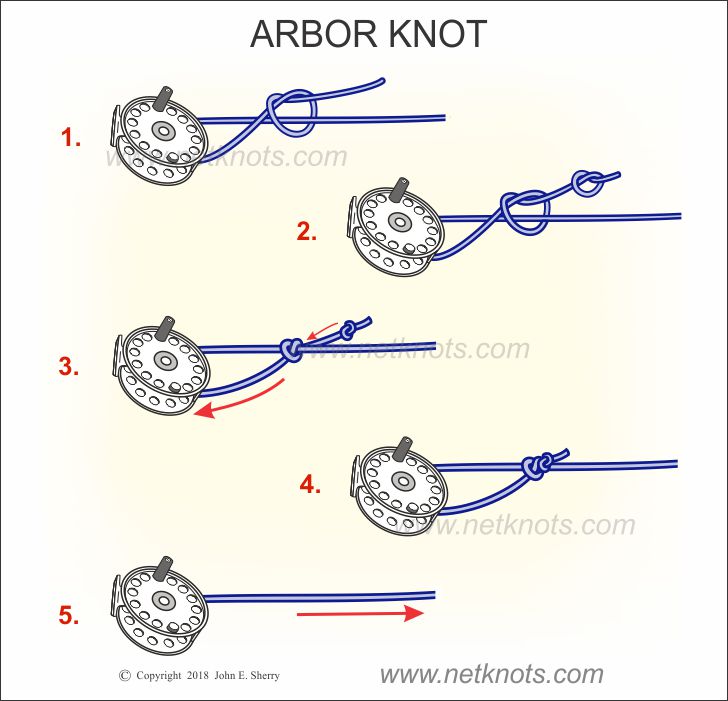How to Remove Rust from Fishing Hooks
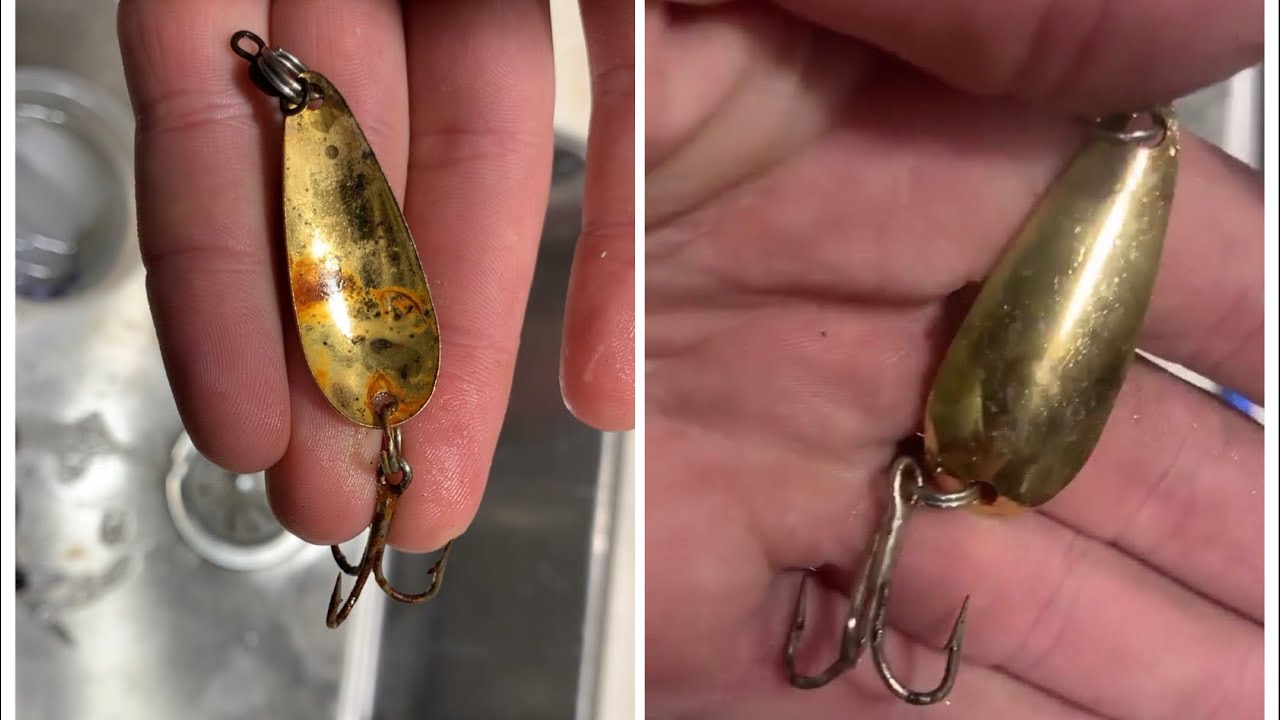
To remove rust from fishing hooks, soak them in white vinegar or lemon juice and salt. Then scrub with a soft-bristled brush to eliminate the rust.
Fishing enthusiasts often encounter the challenge of maintaining their gear, especially when it comes to keeping hooks free from rust. Saltwater and moisture can quickly lead to oxidation, rendering hooks dull and ineffective. It’s crucial for anglers to preserve the sharpness and integrity of their hooks to ensure successful catches.
Addressing rust promptly not only prolongs the life of your fishing hooks but also maintains their performance. This process doesn’t require expensive cleaners; everyday household items can effectively restore hooks. Simple, regular maintenance can save time and money, preventing the need to constantly replace rusty hooks. Read on to learn a straightforward method of reviving your fishing hooks, keeping them in pristine condition for your next angling adventure.
The Perils Of Rusty Fishing Hooks
Rust negatively impacts fishing hooks by reducing their strength and sharpness. Corrosion makes hooks brittle, leading to unexpected breakage. Also, dull hooks fail to penetrate fish mouths, causing loss of catch. Rusty hooks can also damage fishing lines and pose health risks if they cause injury. Regular maintenance is crucial to preserve hook functionality and ensure a successful fishing trip.

Credit: wd40.com.au
Identifying Rust On Your Fishing Gear
Spotting signs of corrosion on your fishing hooks is crucial for maintenance. A change in color or metal flaking might mean rust is present. It can start as a light orange tinge that shows surface rust.
Surface rust often appears thin and superficial, only affecting the top layer. Deep rust looks more intense. It could have deeper, darker spots that eat into the metal. A fishing hook with deep rust may require replacement, as its strength is compromised.
Home Remedies For Rust Removal
Vinegar soak is a simple way to tackle rust on fishing hooks. Fill a container with white vinegar. Drop your rusty hooks into the vinegar. Wait for 24 hours. This waiting helps the vinegar dissolve the rust. After a day, take out the hooks. Rinse them with water.
Baking soda and lemon juice make a great rust scrub. Mix these to form a paste. Cover your hooks with the paste. Let it sit for a couple of hours. The paste needs time to work on the rust. Use a toothbrush to scrub off the paste and rust. Finally, wash your hooks with clean water. This method leaves them shiny and rust-free.
Commercial Solutions To Tackle Rust
Chemical rust removers are effective in cleaning fishing hooks. These removers often contain acids or phosphates that dissolve rust quickly. Choose a product specifically designed for metal objects. Always wear gloves and eye protection and work in a well-ventilated area.
Spray or dip the hook into the solution. Let it sit for a few minutes. Use a small brush to scrub off loosened rust. Rinse the hooks with clean water and dry them thoroughly.
Protective coatings and paints create a barrier against rust. Apply a rust-inhibitor spray or paint to prevent further corrosion. These products seal the metal, extending the hook’s life. Allow coats to dry fully before using the hooks.
Preventive Measures For Rust-free Hooks
Maintaining rust-free hooks is essential for any angler.
Always clean hooks right after use.
Use fresh water to wash salt and grime away.
Dry hooks thoroughly with a clean cloth.
Storage is key for preventing rust.
Keep hooks in a dry environment.
Use silica gel packets in your tackle box to absorb moisture.
Separate hooks using organizers to avoid scratches.

Credit: wd40.com.au
Restoring And Sharpening Post-rust Removal
Restoring and sharpening fishing hooks is crucial after rust removal. Utilize a fine file or whetstone to refine the points. Careful strokes on the hook’s point enhance its sharpness. Dividing the process into a few steps ensures precision and effectiveness.
To prevent rust, always dry hooks before storage. Applying oil lightly protects against future corrosion. Store hooks in a dry environment to maintain their condition. Consider using desiccants for added protection against moisture. Regular inspections help catch rust early, simplifying removal and extending the hook’s life.

Credit: m.youtube.com
Frequently Asked Questions For How To Remove Rust From Fishing Hooks
What Removes Rust From Hooks?
To remove rust from hooks, use a mixture of white vinegar and salt, or apply a commercial rust remover. Scrub gently with a wire brush after soaking.
How Do You Get Rust Off A Fishing Tackle?
To remove rust from a fishing tackle, soak it in vinegar for an hour, then scrub with a brush. Alternatively, apply lemon juice and salt paste, let sit, and then scrub off. Rinse thoroughly and dry to prevent further rust.
How Do You Remove Rust From Steel Hooks?
To remove rust from steel hooks, soak them in vinegar for a few hours, then scrub with a wire brush. Alternatively, apply a rust remover gel and follow the product instructions. Rinse and dry thoroughly after treatment.
How Do You Keep Fish Hooks From Rusting?
To prevent fish hooks from rusting, dry them completely after use, store them in a dry environment, use anti-rust sleeves or coatings, and apply a light oil layer for protection. Regularly inspect and maintain your hooks to ensure longevity.
Conclusion
Ensuring your fishing hooks are rust-free is vital for a successful catch. Employ the tips shared to tackle rust efficiently and safely. Regular maintenance preserves your gear’s integrity and ensures peak performance. Happy fishing, and here’s to reeling in those big ones with confidence and rust-free hooks!
